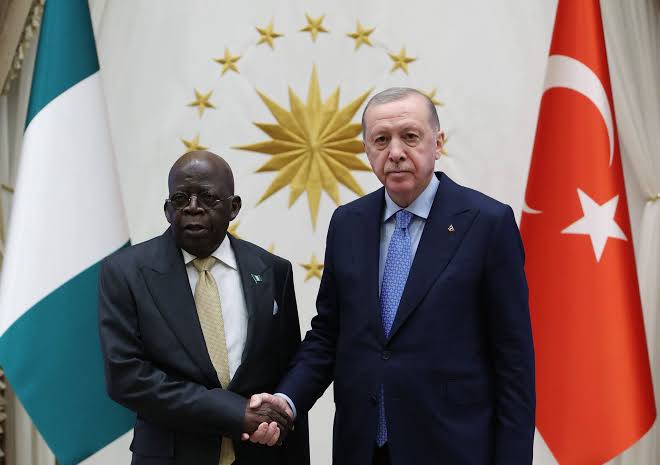Currency held outside Nigeria’s banking system declined for the second consecutive month in 2025, falling to ₦4.57 trillion in April from ₦4.60 trillion in March, according to the latest data from the Central Bank of Nigeria.
The decline comes as the CBN maintained its benchmark Monetary Policy Rate at 27.5% during its May 2025 Monetary Policy Committee meeting, continuing its tight stance to rein in inflation and stabilise the naira.
Despite the monthly decrease of ₦26.4 billion, the April figure still reflects a significant 26.8% increase year-on-year, up from ₦3.61 trillion in April 2024.
It marks a return to the downward path seen earlier in the year. It reinforces subtle shifts in Nigeria’s cash management dynamics, possibly in response to monetary tightening and increasing adoption of digital financial channels.
Currency outside banks began to decline after peaking at ₦5.13 trillion in December 2024, driven by the usual year-end spending surge. In January 2025, the figure dropped sharply to ₦4.74 trillion as festive activities subsided.
The decline continued into February, reaching ₦4.52 trillion, the steepest fall of the year, reflecting reduced post-holiday spending and tighter monetary controls.
March saw a modest rebound to ₦4.60 trillion, but this gain was short-lived, with the figure dipping again to ₦4.57 trillion in April.
While the amount of currency outside banks is increasing on a year-on-year basis, the structure of cash within the financial system is shifting. As of April 2025, total currency in circulation was ₦5.01 trillion, with ₦4.57 trillion—or 91.1%—held outside the banking system.
This marks a decline from 91.9% in March 2025 and the same percentage in April 2024, despite a higher overall volume of cash in circulation.
Though the change appears marginal, it is directionally important. The slight increase in the share of cash held within deposit money banks suggests that efforts to deepen financial intermediation may be starting to show results.
The data indicates a gradual shift, with more Nigerians either depositing cash into the formal banking system or adopting non-cash alternatives such as mobile money, POS transactions, and electronic transfers.
Despite over 91% of total currency still circulating outside banks, the trend points to early signs of behavioural change that could support the CBN’s push for greater digital financial inclusion.
This reduction in cash held outside the banking system also coincides with easing inflation. As money supply growth slows and excess liquidity is contained, demand-side pressures may continue to moderate—giving the CBN room to maintain its hawkish policy stance without further tightening for now.
The reduced availability of physical cash, especially outside the banking system, may also reflect the public’s sensitivity to interest rate conditions and the rising cost of cash-based transactions.









